Buying or Renting a House in Nigeria: Which is Cheaper?
If you’re a Nigerian reading this, chances are you’ve had the “buy or rent” debate with yourself, your family, or your friends. It’s a big decision, and honestly, it’s not one to take lightly. The housing market in Nigeria is as dynamic as it is challenging, and making the right choice between buying and renting can save you a lot of stress and money in the long run. But here’s the million-naira question: Which is cheaper—buying or renting a house in Nigeria?
In this article, we’ll break it all down for you. We’ll look at the costs, pros, and cons of both options, and by the end, you’ll have a clearer picture of what works best for your pocket and lifestyle. Let’s dive in!
The Nigerian Housing Market: A Quick Overview
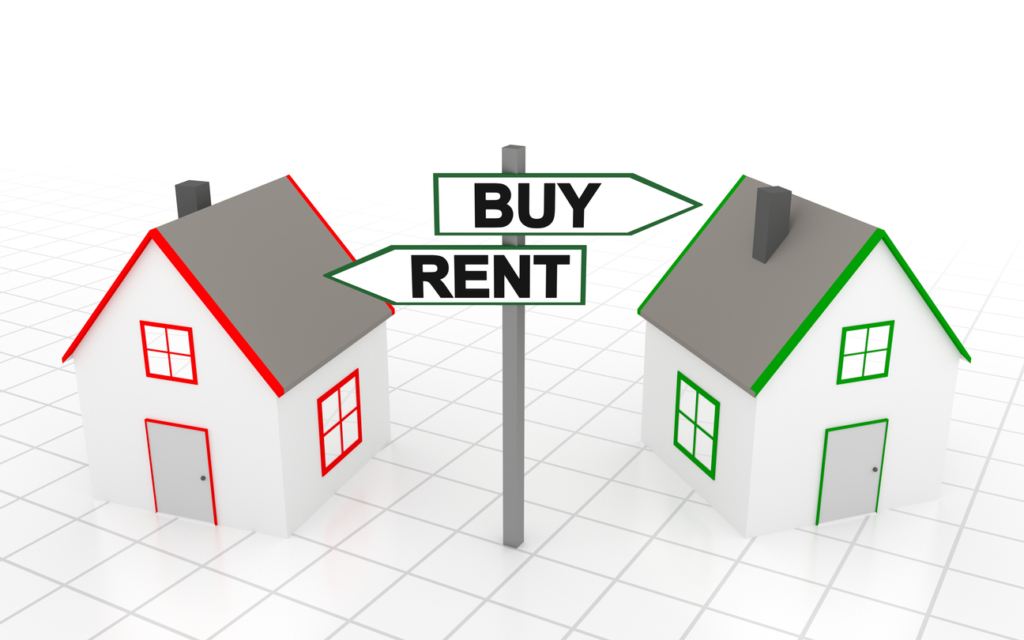
Before we get into the nitty-gritty, let’s set the stage. Nigeria’s housing market is influenced by several factors, including location, inflation, economic policies, and population growth. Cities like Lagos, Abuja, and Port Harcourt are hotspots for real estate, but they’re also the most expensive. On the other hand, smaller cities and rural areas offer more affordable options, but they may lack some amenities and job opportunities.
According to recent data, the average cost of renting a 3-bedroom apartment in Lagos ranges from ₦1.5 million to ₦5 million per year, depending on the area. In Abuja, it’s even higher, with prices ranging from ₦2 million to ₦7 million annually. Meanwhile, buying a house in these cities can cost anywhere from ₦20 million to ₦100 million or more, depending on the location and type of property.
But these are just ballpark figures. To really understand whether buying or renting is cheaper, we need to dig deeper.
The Cost of Renting a House in Nigeria
Let’s start with renting. For many Nigerians, renting is the go-to option, especially for young professionals and families who can’t afford to buy a house outright. But is it really the cheaper option? Let’s break it down.
1. Upfront Costs
When you rent a house, the biggest expenses are usually the rental deposit and agency fees. In Nigeria, it’s common for landlords to request one to two years’ rent upfront, especially in high-demand areas like Lagos and Abuja. For example, if you’re renting a 3-bedroom apartment for ₦2 million per year, you might need to pay ₦4 million upfront (two years’ rent) plus an additional 10% agency fee (₦200,000). That’s a total of ₦4.2 million just to move in.
2. Recurring Costs
After the initial payment, you’ll need to budget for monthly or annual rent renewals, maintenance, and utilities. While maintenance costs are typically the landlord’s responsibility, some landlords might pass these costs on to tenants, especially for minor repairs.
3. Flexibility
One advantage of renting is flexibility. If you’re not sure where you want to settle long-term or if your job requires you to move frequently, renting allows you to relocate without the hassle of selling a property.
4. No Equity
The downside? You’re not building any equity. All the money you spend on rent goes to your landlord, and at the end of the day, you don’t own anything.
The Cost of Buying a House in Nigeria
Now, let’s talk about buying. Owning a home is often seen as a lifelong dream and a solid investment. But is it cheaper than renting? Let’s find out.
1. Upfront Costs
Buying a house in Nigeria requires a significant upfront investment. You’ll need to pay for the property itself, legal fees, agency fees, and possibly renovation costs. For example, if you’re buying a house for ₦30 million, you might need to budget an additional 10% (₦3 million) for legal and agency fees. That’s a total of ₦33 million upfront.
2. Mortgage Options
If you don’t have the full amount upfront, you can opt for a mortgage. Nigerian banks offer mortgage loans with interest rates ranging from 18% to 25%. While this makes homeownership more accessible, the high interest rates mean you’ll end up paying significantly more than the property’s original price over time.
3. Maintenance Costs
As a homeowner, you’re responsible for all maintenance and repair costs. This can add up, especially if you buy an older property that requires frequent repairs.
4. Building Equity
The biggest advantage of buying is that you’re building equity. Over time, your property can appreciate in value, especially if it’s in a high-demand area. This means you could potentially sell it for a profit in the future.
Buying vs. Renting: A Cost Comparison
To really understand which option is cheaper, let’s compare the costs over a 10-year period.
Scenario 1: Renting
- Annual Rent: ₦2 million
- Upfront Costs: ₦4.2 million (two years’ rent + agency fee)
- Total Cost Over 10 Years: ₦20 million (rent) + ₦4.2 million (upfront) = ₦24.2 million
Scenario 2: Buying
- Property Price: ₦30 million
- Upfront Costs: ₦33 million (property + fees)
- Mortgage Payments (25% interest over 10 years): ₦45 million
- Maintenance Costs: ₦2 million
- Total Cost Over 10 Years: ₦45 million (mortgage) + ₦2 million (maintenance) = ₦47 million
At first glance, renting seems cheaper. But remember, at the end of 10 years, the renter has nothing to show for their money, while the homeowner owns a property that could be worth significantly more than the purchase price.
Additional Factors to Consider When Deciding Between Buying and Renting
1. Inflation and Rising Costs
In Nigeria, inflation is a major factor that affects both renting and buying. Rental prices tend to increase over time, especially in urban areas. If you’re renting, you might find yourself paying significantly more in 5–10 years than you are now. On the other hand, if you buy a house with a fixed-rate mortgage, your monthly payments remain the same, protecting you from inflation.
2. Job Stability and Income
Your job stability plays a huge role in this decision. If you’re in a stable job with a steady income, buying a house might be a viable option. However, if your income is irregular or you’re in a profession that requires frequent relocation (e.g., banking, oil and gas, or military), renting might be more practical.
3. Family Size and Future Plans
Are you single, married, or planning to start a family soon? Your family size and future plans can influence your decision. For instance, a growing family might need more space, making buying a house a better long-term investment. On the other hand, a single professional might prefer the flexibility of renting.
4. Access to Amenities
When renting, you can choose properties close to your workplace, schools, or other amenities. Buying a house, especially in a developing area, might mean sacrificing proximity to these amenities in exchange for affordability. Consider how important location is to you before making a decision.
Hidden Costs of Buying a House in Nigeria
While buying a house can be a great investment, there are several hidden costs that many first-time buyers overlook. Here’s a breakdown:
1. Legal Fees
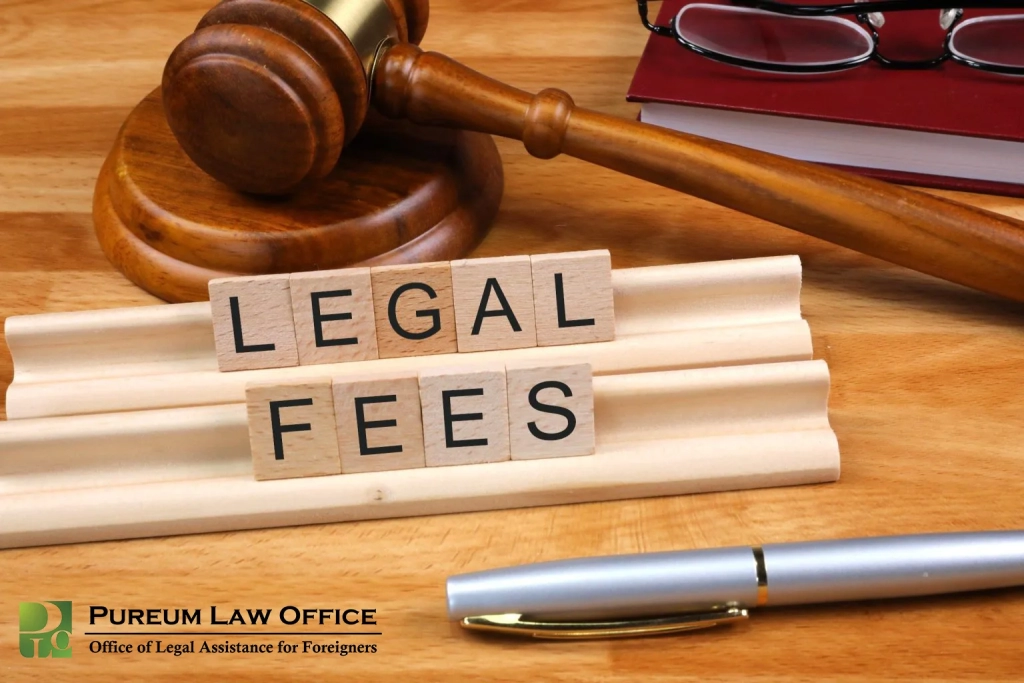
Legal fees for property transactions in Nigeria can range from 5% to 10% of the property’s value. This includes land verification, title documentation, and legal representation.
2. Agency Fees
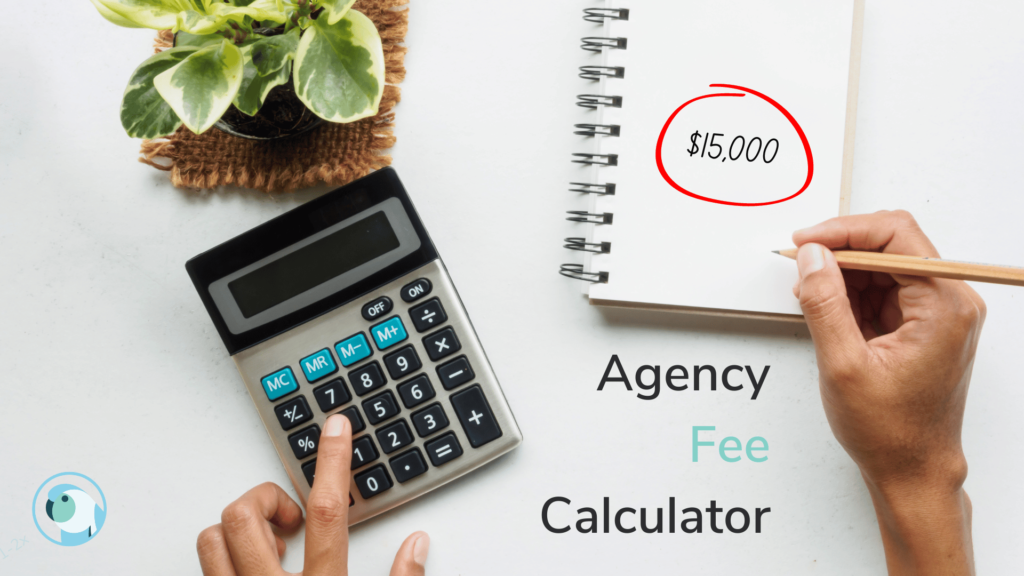
Real estate agents typically charge a commission of 5% to 10% of the property price. This can add a significant amount to your upfront costs.
3. Survey and Inspection Costs
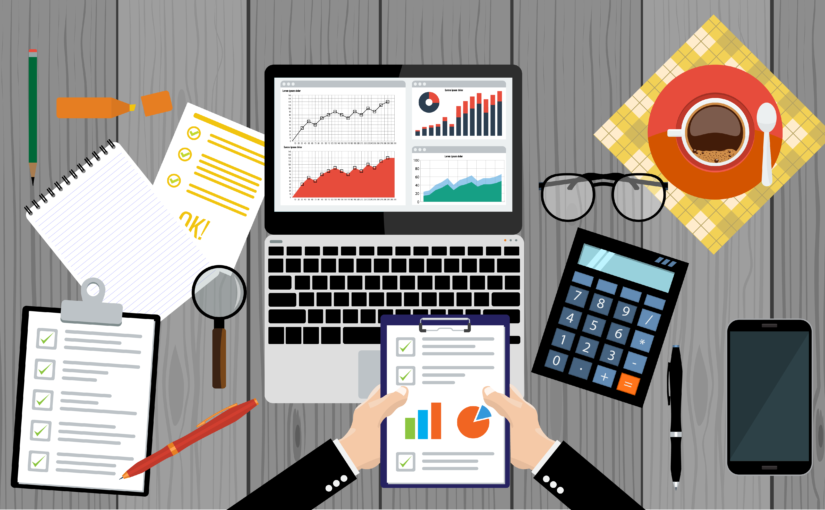
Before buying a property, it’s crucial to conduct a survey to confirm the land’s authenticity and boundaries. This can cost between ₦100,000 and ₦500,000, depending on the size and location of the property.
4. Renovation and Furnishing

Many houses in Nigeria, especially older ones, require renovations before they’re move-in ready. Renovation costs can range from ₦1 million to ₦10 million, depending on the extent of the work needed.
5. Property Taxes
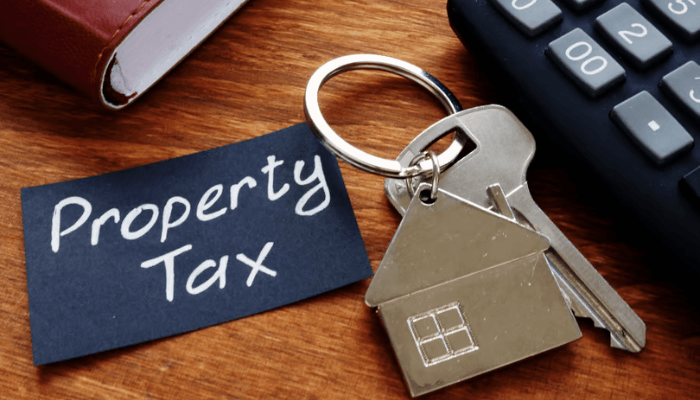
As a homeowner, you’ll be responsible for paying property taxes, which vary by state. In Lagos, for example, property taxes are calculated based on the value of the property and can range from ₦50,000 to ₦500,000 annually.
Hidden Costs of Renting a House in Nigeria
Renting also comes with its own set of hidden costs that tenants often overlook:
1. Annual Rent Increases
In high-demand areas, landlords often increase rent annually. A 10% to 20% increase is common, which can strain your budget over time.
2. Utility Deposits
Some landlords require tenants to pay utility deposits (e.g., for electricity, water, or waste management) before moving in. These deposits can range from ₦50,000 to ₦200,000.
3. Maintenance Responsibilities
While landlords are generally responsible for major repairs, tenants often handle minor repairs and maintenance. Over time, these costs can add up.
4. Relocation Costs
If you need to move frequently, the cost of hiring movers, buying new furniture, and paying new agency fees can become a financial burden.
Real-Life Examples: Buying vs. Renting in Major Nigerian Cities
To make this article more relatable, let’s look at real-life examples in three major Nigerian cities: Lagos, Abuja, and Port Harcourt.
Lagos
- Renting: A 3-bedroom apartment in Lekki costs about ₦3 million per year. Over 10 years, you’d spend ₦30 million with no asset to show for it.
- Buying: The same property might cost ₦50 million to buy. With a 20% down payment (₦10 million) and a 20-year mortgage at 20% interest, your total payment would be around ₦80 million. However, after 10 years, the property could appreciate to ₦70 million or more.
Abuja
- Renting: A 3-bedroom apartment in Maitama costs about ₦4 million per year. Over 10 years, you’d spend ₦40 million.
- Buying: The same property might cost ₦70 million to buy. With a 20% down payment (₦14 million) and a 20-year mortgage at 20% interest, your total payment would be around ₦112 million. However, the property could appreciate to ₦100 million or more in 10 years.
Port Harcourt
- Renting: A 3-bedroom apartment in GRA costs about ₦1.5 million per year. Over 10 years, you’d spend ₦15 million.
- Buying: The same property might cost ₦25 million to buy. With a 20% down payment (₦5 million) and a 20-year mortgage at 20% interest, your total payment would be around ₦40 million. The property could appreciate to ₦35 million or more in 10 years.
Alternative Options to Consider
1. Rent-to-Own Schemes
Some real estate companies in Nigeria offer rent-to-own schemes, where a portion of your rent goes toward the purchase of the property. This can be a good middle ground if you’re not ready to buy outright.
2. Cooperative Housing
Joining a housing cooperative can make homeownership more affordable. Members pool their resources to buy land or properties, which are then shared or allocated based on contributions.
3. Building in Phases
If buying a completed house is too expensive, consider buying land and building in phases. This allows you to spread the cost over several years.
Frequently Asked Questions (FAQs)
1. Is it better to buy land or a house?
Buying land can be a cheaper option, but building a house comes with additional costs. If you have the time and resources, buying land and building gradually might be more cost-effective.
2. Can I negotiate the price of a house in Nigeria?
Yes, negotiation is common in Nigeria’s real estate market. Don’t be afraid to haggle, especially if the property has been on the market for a while.
3. What’s the best time to buy a house in Nigeria?
The best time to buy is during a buyer’s market, when there’s an oversupply of properties. This often happens during economic downturns or in the rainy season when demand is low.
4. How can I avoid real estate scams in Nigeria?
Always verify the property’s title documents, work with reputable agents, and involve a lawyer in the transaction. Avoid paying for properties without proper documentation
CONCLUSION
The decision to buy or rent a house in Nigeria is a deeply personal one that depends on your financial situation, lifestyle, and long-term goals. While renting offers flexibility and lower upfront costs, buying a house is a long-term investment that can provide financial security and stability.
At The Price, we encourage you to weigh the pros and cons carefully, do your research, and seek professional advice before making a decision. Whether you choose to buy or rent, the most important thing is to make a choice that aligns with your financial goals and lifestyle.
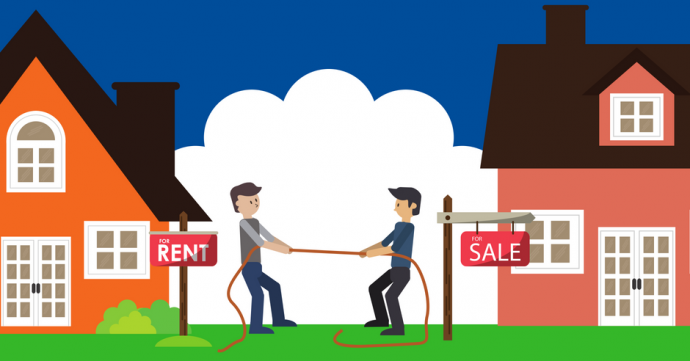

Leave a Comment